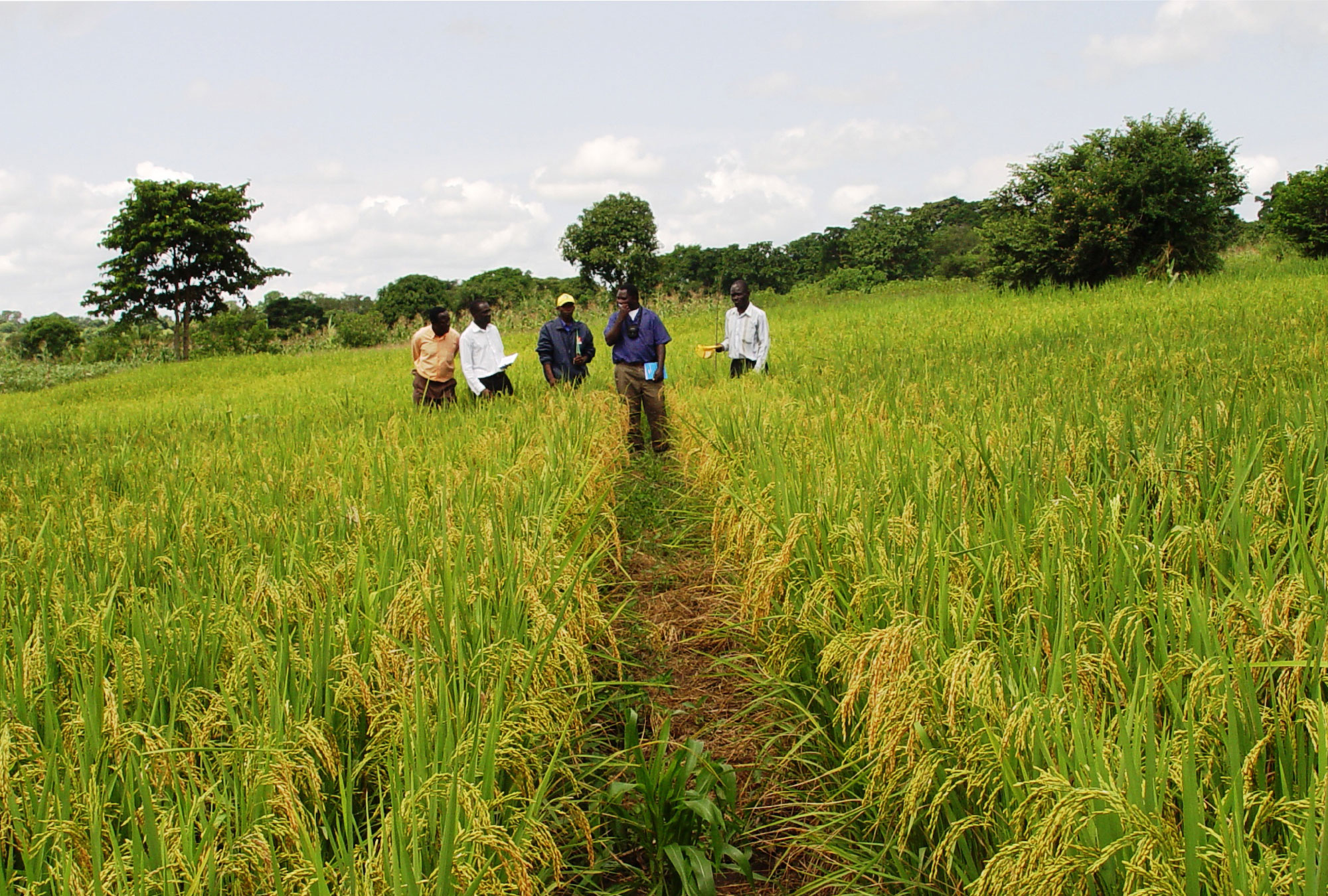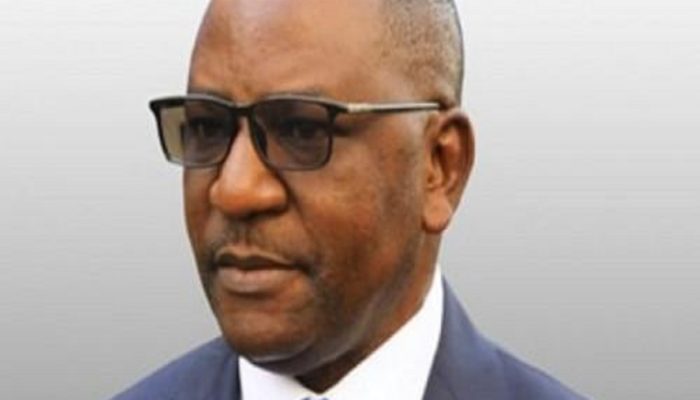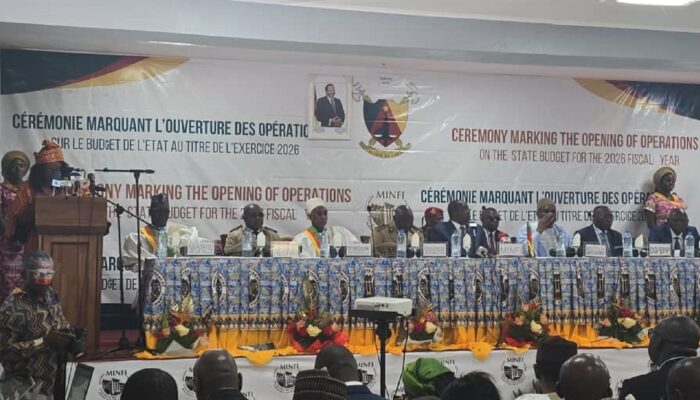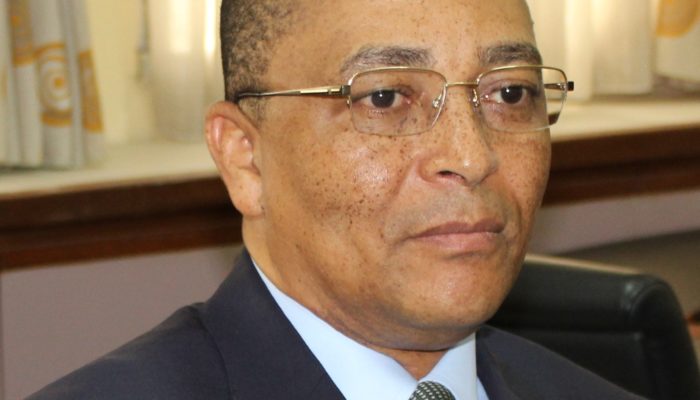It is through a protocol of two agreements signed on July 8, 2024 with the Ministry of Agriculture and Rural Development, that the Agricultural Research Institute for Development (IRAD) will contribute its touch to boosting rice seed production in Cameroon.
According to the terms of this protocol, during the next 3 years, Irad will focus its intervention on the supply of adapted varieties of rice seeds and on the training of cooperatives for the production of certified rice seeds. Implemented in the Far North, North West and West regions, Irad will, during the duration of this partnership, train 150 trainers of trainers; train 12 cooperatives and private companies; set up farmer field schools in the project implementation sites; produce 09 tons of adapted varieties of basic seeds, etc.
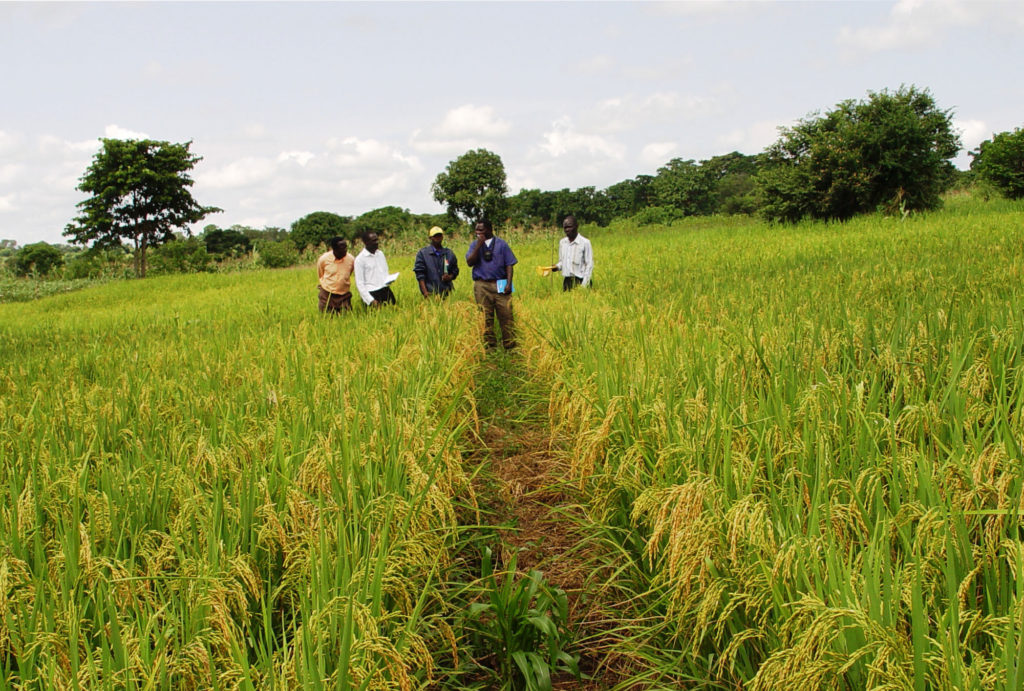
If Gabriel Mbaïrobe, Minister of Agriculture, recognizes that a certain number of problems that are slowing down the effective take-off of this sector must be resolved, in particular the qualitative and quantitative insufficiency of seed varieties for different ecologies. To reverse the trend and address the rice production deficit estimated at around 450,000 tons per year, the Cameroonian authorities will make available the sum of 1.172 billion CFA francs so that Irad can produce seeds.
Although details have not been given on the distribution of the funds that will be allocated. It should still be noted that for several years now Cameroon has continued to implement programs and the results of which do not have a significant impact, hence this permanent recourse to imports. Imports that cost the country 200.8 billion CFA francs in 2023, reveal data from the National Institute of Statistics (INS).
With a current production estimated at nearly 190,000 tonnes out of the 648,085 tonnes of national demand, Cameroon only covers 22% of needs despite the plethora of projects implemented.
Among these, we mention the launch of the “central plain” project. In the drawers since 2015, this project resurrected in May 2023, 8 years later. While the results are still awaited, let us note that the provisional envelope allocated to this project is 351 billion CFA francs, or 100 billion CFA francs (28.5%) of the State’s contribution against 251 billion for potential investors according to data obtained from the focal point of the ambitious project. In its development, it should be done in several phases, a first of 400,000 hectares on a total area estimated at 1.131 million hectares and the project as a whole should be carried out on land identified along the Batchenga-Ntui-Yoko-Tibati-Ngaoundéré corridor (584.5 km) between the Central and Adamaoua regions.
Alongside the central plain project, Yaoundé is banking on starting the development project of 15,280 ha of hydro-agricultural perimeter in Adamaoua and 10,000 ha of hydro-agricultural zones in the locality of Logone Birni in the Far North region. In the same vein, the Viva Logone project is also seen as an alternative to increase rice production in Cameroon. Supported to the tune of 200 million dollars by the World Bank, the project consists of promoting agricultural and agri-food production and then implementing a transformation plan for Semry (Société d’expansion et de modernisation de la riziculture de Yagoua).
If on June 30, 2023, Fuh Calistus Gentry, the Acting Minister of Mines, Industry and Technological Development announced in front of parliamentarians, the construction of chemical fertilizer factories in the cities of Limbe, Yaounde and Douala. To date, nothing has changed, the minister having assured that the construction of factories should constitute a significant support for the development of agricultural value chains.
Total illusion if we rely on the medium-term economic and budgetary programming document 2025-2027 produced by the Ministry of Finance. Indeed, in this document, we discover that one of the government’s priorities is the start of the rice value chain development project. An ambitious project supported by the Priority Investment Program (PIP) which should begin in 2024 and end in 2030 for a total cost of 98 billion CFA francs.
Overall, Cameroon plans to reduce its production deficit by more than 200% in three years. A mission that Irad could brilliantly accomplish. From memory, on June 13, 2024 in Garoua, the Director General of Irad, Dr. Noé Woin, handed over to Minader a stock of 51.1 t of improved basic seeds and 1,515 kg of improved pre-basic seeds of wheat, sorghum, rice, corn and soybeans.


